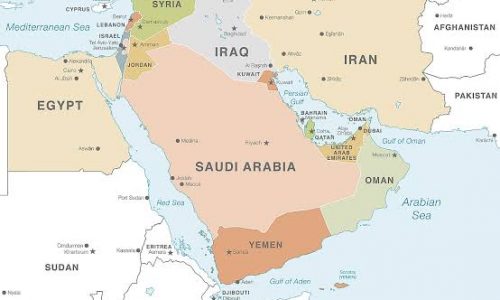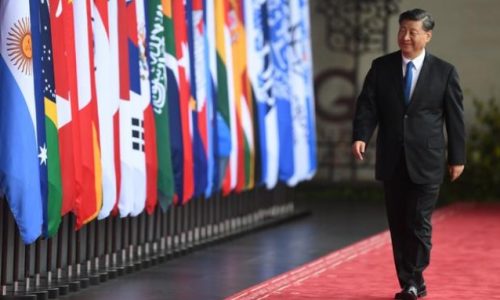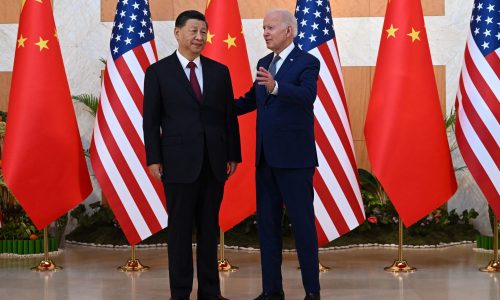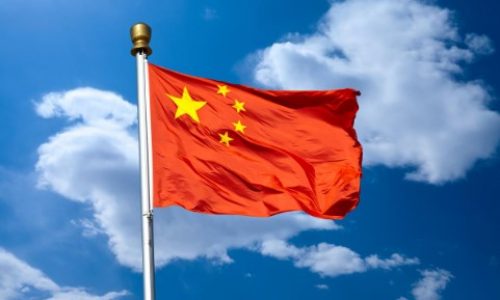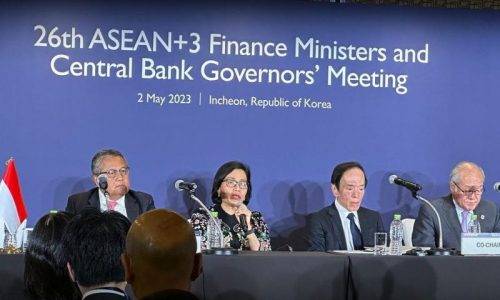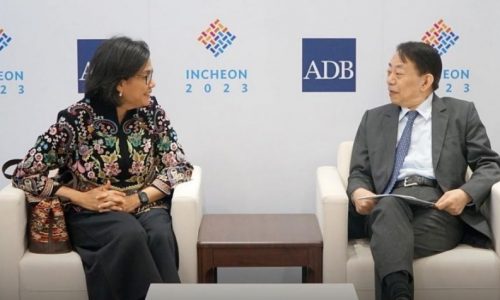The Russia invasion to Ukraine – which many fear would create global energy and food crisis, especially in Europe – will not disrupt the wheat supply to Indonesia.
According to Fransiskus Welirang, Chairman of the Indonesian Flour Mills Association (Aptindo), Ukraine ranks 8th in the global wheat exporter. However, other countries can also supply Indonesia with grain.
“We imported almost 3.1 million tons of wheat from Ukraine last year,” he told the Indonesia Business Post in an interview. Indonesia also imports wheat from Australia, Canada, the United States, Argentina and Moldova. For the time being, Ukraine has harvested its wheat crop. The next harvest of wheat is scheduled for August 2022, followed by shipment of grain.
Data from Statistics Indonesia (BPS) show that Indonesia purchased more wheat from Ukraine in the past five years, starting from 2.46 million tons of grain in 2016 to 2.9 million tons in 2020.
Russia invaded Ukraine – one of three former satellite countries of the Soviet Union – on February 24, 2022. Russian President Vladimir Putin said that the attack was to assist the Russian-speaking population in the eastern part of Ukraine, living under pressure from the Ukrainian government.
Impact on the Rupiah
In addition to the negative impact on wheat imports, the tensions between Russia and the United States in Ukraine also adversely affect the financial sectors of the economy.
Economist Bhima Yudhistira Adhinegara of the Institute for Development of Economics and Finance (Indef) told the Post on February 25, 2022, that the Indonesian Rupiah has weakened to a level of IDR 14,500 per US dollar. He also said that the rupiah exchange rate could reach the level of Rp 15,000 against the US dollar. The escalation of the conflict and its involvement in many countries will create instability in the region, harming Indonesia’s monetary stability and the possibility of recovery. This is because it comes simultaneously with the tapering off of and increased interest rates in the advanced nations.
This will be followed by an increase in inflation following the rise in commodity prices such as crude oil, which has reached over US$100 per barrel. As a result, logistic costs are likely to rise. In turn, this will lead to the increasing price of staple foods and the declining in people’s purchasing power. As the government set the macro assumption of the oil price at US$63 per barrel, it will affect the energy subsidy.
This is a case where there is a large gap between the price of oil in the state budget and the actual price on the field. Energy subsidies will be adversely affected by this. For this reason, the government must implement a Revised State Budget to re-adjust several indicators, primarily the rupiah exchange rate and inflation. A national economic recovery fund should be set up to account for the additional inflation that has occurred and needs to be anticipated.
The government must include a national economic recovery budget that recognizes the importance of food and energy stability. This is a severe threat to peace and economic recovery in 2022. Suppose the government aims for economic growth of more than 5%, it will have to ensure that the population’s basic needs, such as cooking oil, soybeans, fuel and other commodities, will remain stable until the end of 2022.
Potential opportunities
According to Adhinegara, aside from the impact on the state budget, there are also two other aspects that Indonesia can take advantage of as opportunities. Indonesia can first intervene by inviting countries in conflicts, such as Russia and the US, to meet at the G20 Summit in Bali in November.
This will enable the two superpowers to discuss ways to resolve the crisis. As it has no direct interest in the existing conflict in Ukraine, Indonesia can act as a mediator. “If we can achieve this goal, Indonesia’s G20 presidency can be viewed as a success,” he said.
A second advantage is that Indonesia can attract investments from conflict-affected regions. This has been demonstrated by relocating an iron and steel factory from the conflict-affected area to Indonesia. In addition to that, Indonesia can also encourage electronic and automotive spare part factories to relocate to the country by offering special incentives. “This is something that the government can do over the long term,” Adhinegara added.



